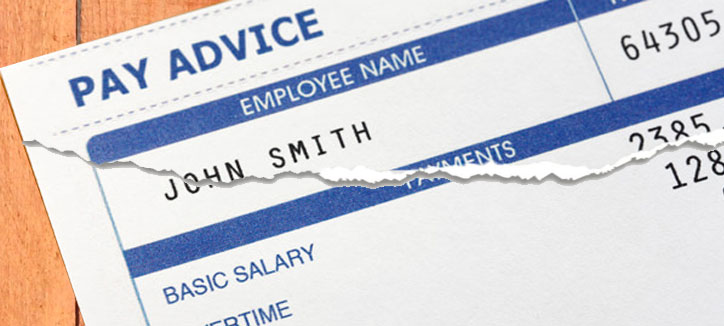The new pension rulings that come into effect today mean that around six million people in the UK could lose out as much as £37 each month from their pay packet. This is due to national insurance costs increasing by 1.4%, which has been implemented in order to save the Treasury five and a half billion pounds annually.
This little noticed update to the rules is going to increase employment costs for employers, will mean many workers have a reduced monthly wage, and see national insurance costs go up. The new legislation was originally announced in the UK budget of March 2013, but it’s only today that it is starting to kick-in for workers.
The move is linked to the introduction next month of a new flat-rate state pension, which will replace what the government said was a “mind-blowingly complicated” existing system.
As part of the new rulings, the second state pension, also known to many people as SERPS, will no longer exist. As a result, members of defined benefit workplace pension schemes will no longer be permitted to “contract out” of the state second pension. At the moment these workers and their employers pay national insurance at a lower rate – but this will end from next month.
How many people in the UK will this affect? The answer is a shocking 1.3 million, which includes people who have contracted out of SERPS, and instead joined company-wide or private sector schemes. In addition to that there are a further 5.4 million members of public sector pension schemes.
At Expert Pension Claims we are already helping people who believe they were given poor advice when signing up to new schemes, and contracting out. You can read more about that on our contracting out of SERPS compensation page.
Trade unions have been quick to comment, for example Unison has stated that these changes are unacceptable and will undoubtedly take workers by surprise.














